August 4, 2025 | 15:59 GMT +7
August 4, 2025 | 15:59 GMT +7
Hotline: 0913.378.918
August 4, 2025 | 15:59 GMT +7
Hotline: 0913.378.918
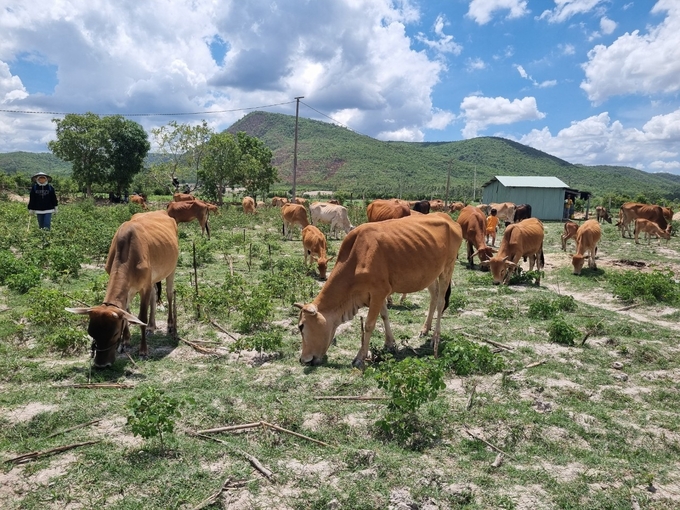
Cows in Krong Pa district are mainly grazed in the fields. Photo: Tuan Anh.
Krong Pa District, located in Gia Lai Province, has the highest number of cattle in the country at the district administrative level, with a population of over 63,000 cows. According to Mr. Vo Ngoc Chau, the Director of the Agriculture and Rural Development Office of Krong Pa District, vaccinating all the cattle in the district will necessitate investment of approximately 10 billion VND.
Nevertheless, the government allocates a mere 1.5 billion VND every year, which accounts for only 15% of the funds dedicated to vaccine procurement. This financing largely provides support to impoverished individuals, families who benefit from government policies, and households belonging to ethnic minority groups residing in regions adjacent to other districts. Most farmers are responsible for procuring immunizations for their cow independently.
However, farmers have not yet acknowledged the significance of immunization and do not aggressively purchase vaccines, leading to poor vaccination rates. As a result, Krong Pa District often suffers from recurring epidemics of diseases including lumpy skin disease and foot-and-mouth disease, which lead to substantial financial losses for farmers.
Most residents in Phu Can Commune, located in Krong Pa District, still maintain the practice of housing livestock beneath their elevated dwellings. The cow enclosures exhibit high levels of moisture and lack proper sanitation, while the severe climate in the "furnace" region facilitates the occurrence of disease epidemics.
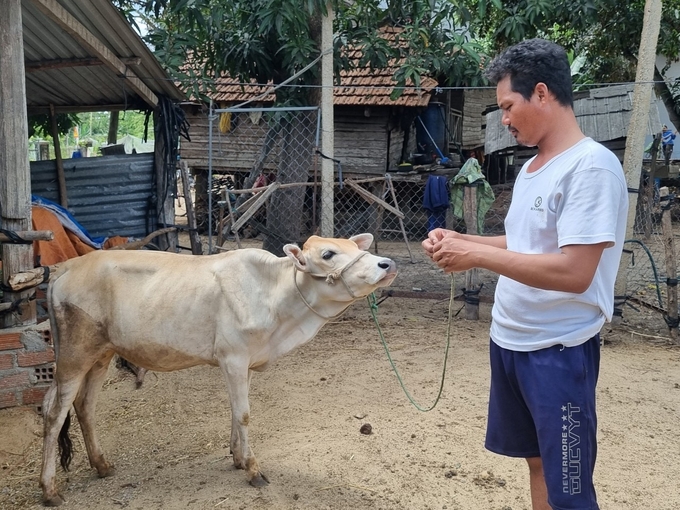
Ksor Hon's family has never bought vaccines for their cows. Photo: Tuan Anh.
Specifically, small-scale livestock owners frequently allow their cattle to graze on communal meadows instead of confining them, so facilitating the transmission of diseases.
Significantly, when questioned about the vaccination of their livestock, almost all the farmers expressed a lack of regard for its importance. Some individuals even expressed opposition to vaccination, as they held the belief that their cattle were already in a state of optimal health.
During the process of providing straw to his cattle, Mr. Ksor Hon from Thang Loi Ward, Phu Can Commune, mentioned that his family owns a total of nine cows, which are primarily raised through grazing in the fields. In addition, they enhance the cattle diet by using a blend of cassava, corn, bran, and other ingredients.
According to Mr. Hon, his family has been engaged in cow farming for a considerable period of time, and they have experienced few occurrences of disease. Whenever the cattle exhibit symptoms of illness, the owners purchase medication or seek treatment from the local veterinary officer.
"Veterinary officers used to assist with vaccinations in the past, but they have been absent for the past two years." "While we purchase medicine to treat sick cattle, our family has never acquired vaccines for the purpose of vaccinating our livestock," Mr. Hon disclosed.
Mr. Hon also acknowledged the advantages of vaccination. However, his family, along with numerous other households in the area, have not contemplated acquiring vaccines due to their financial constraints.
Similarly, in Chu Gu Commune, the main activity is the grazing of cattle in the fields. On National Highway 25, numerous cows may be observed grazing in the intense heat of the sun.
While guiding the cattle towards the Ba River for water, Ms. Ma Hem (from To Nia Hamlet, Chu Gu Commune) stated that the herd, consisting of more than 100 cows, is collectively owned by 10 households who graze them together.
When questioned about disease outbreaks, Ms. Hem clarified that due to the substantial cattle population and the grazing technique employed, the occurrence of diseases is inevitable. in times, diseased cows are quarantined in their place of residence and administered medication.
"The cattle on our premises have not received any vaccinations." In the event of their illness, we procure medication or seek veterinarian aid. Ms. Hem expressed her wish that the government will provide help for immunization in order to prevent infections and mitigate economic losses for our families.
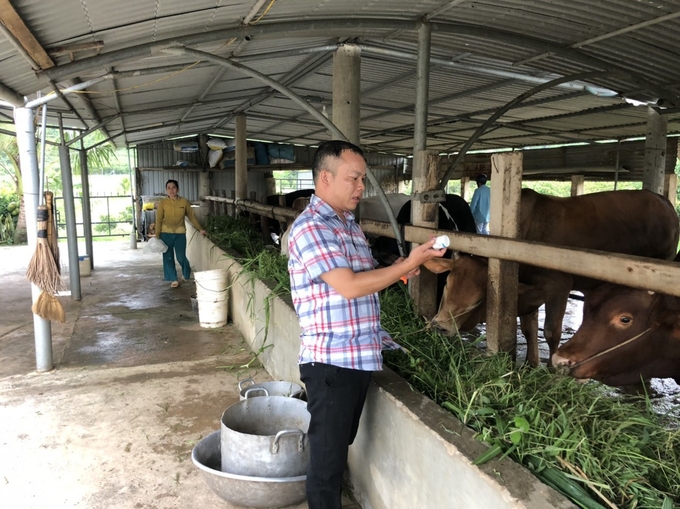
Vaccination of people has not been paid attention. Photo: Tuan Anh.
Mr. Vo Ngoc Chau, the Chief of the Agriculture and Rural Development Office in Krong Pa District, stated that the district has been requesting additional funding from Gia Lai Province to purchase vaccines. However, due to financial constraints, the district has not yet gotten a decision on this matter. The primary approach with the limited finances has been to incentivize farmers to purchase immunizations for their own livestock.
"Although local government has made significant efforts to promote vaccination, the majority of households do not give it high importance, which makes disease prevention difficult," Mr. Chau added.
According to Mr. Thai Van Dung, the Director of the Livestock and Veterinary Department of Gia Lai Province, immunization support is primarily provided to small-scale farmers, impoverished families, and ethnic minority households in each district of Gia Lai, considering their distinct features.
"Diseases like lumpy skin disease and foot-and-mouth disease are included in a government-approved national program aimed at preventing and controlling them." Gia Lai Province has formulated plans and requested towns to allocate funds for the acquisition of vaccines and the immunization of animals. Mr. Dung expressed that despite our persistent calls for action, local authorities sometimes use inadequate finances as an excuse for not carrying out the necessary immunization programs.

The epidemic situation is always a concern for people and local authorities. Photo: Tuan Anh.
In order to tackle the financial obstacles related to vaccination, Mr. Dung proposed that municipalities should work together with the Department of Finance to present solutions to the provincial People's Committee for more efficient resolution.
In 2024, the People's Committee of Krong Pa District has formulated a recent strategy to administer vaccinations to cattle. Between June 15 and July 15, the district will implement a vaccine program targeting three diseases: lumpy skin disease, hemorrhagic septicemia in cattle, and African swine fever in pigs. A total of 46,400 doses will be administered during this period.
The immunization program focuses on low-income homes, families who benefit from government policies in 14 specific communes and towns, and households belonging to ethnic minority groups residing in high-risk border areas with other districts.
Translated by Linh Linh

(VAN) Deputy Minister Hoang Trung emphasized that the sector's international cooperation must be symbolic and deliver tangible results in line with commitments to the global integration process.
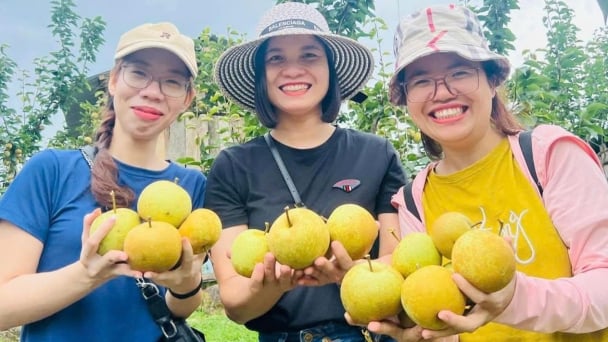
(VAN) The recent unique combination of agriculture and tourism has created a new buzz in Lao Cai.
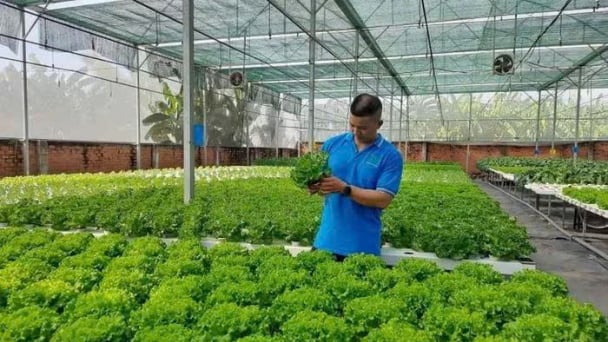
(VAN) Dr. Nguyen Thi Thanh Thuy, Head of the International Cooperation Department at the Vietnam Gardening Association, delivered a presentation at a United Nations workshop on food security.
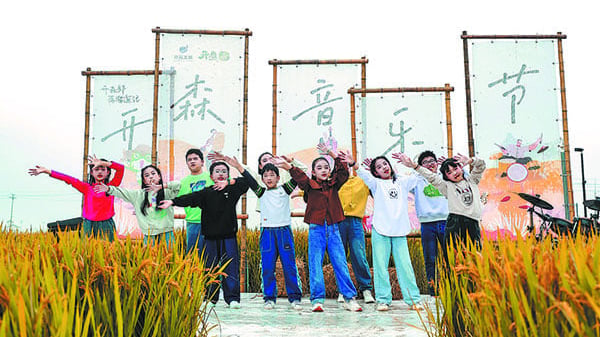
(VAN) On a summer morning, the light cuts softly across grasslands intersected by stone paths, and the scent of lotus rises from the waterlogged fields at Kaisen (Happy) Tribe in Wangjiangjing town.
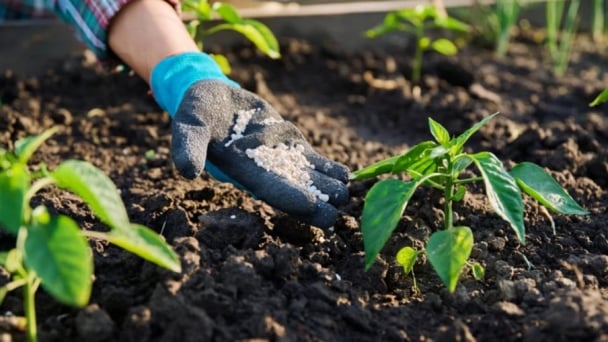
(VAN) Humanity has an insatiable appetite for ammonia: This substance is used to make fertilizer, which in turn is used in most modern agriculture.
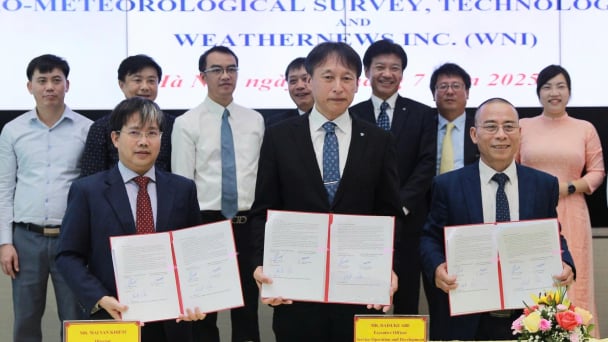
(VAN) Vietnam and Japan are strengthening cooperation in disaster preparedness, with a new initiative focusing on integrating artificial intelligence (AI) into typhoon and flood warning systems.

(VAN) Prime Minister Pham Minh Chinh and Malaysian Prime Minister Anwar Ibrahim discussed the early signing of rice trade agreement for Vietnam to support Malaysia's food security.